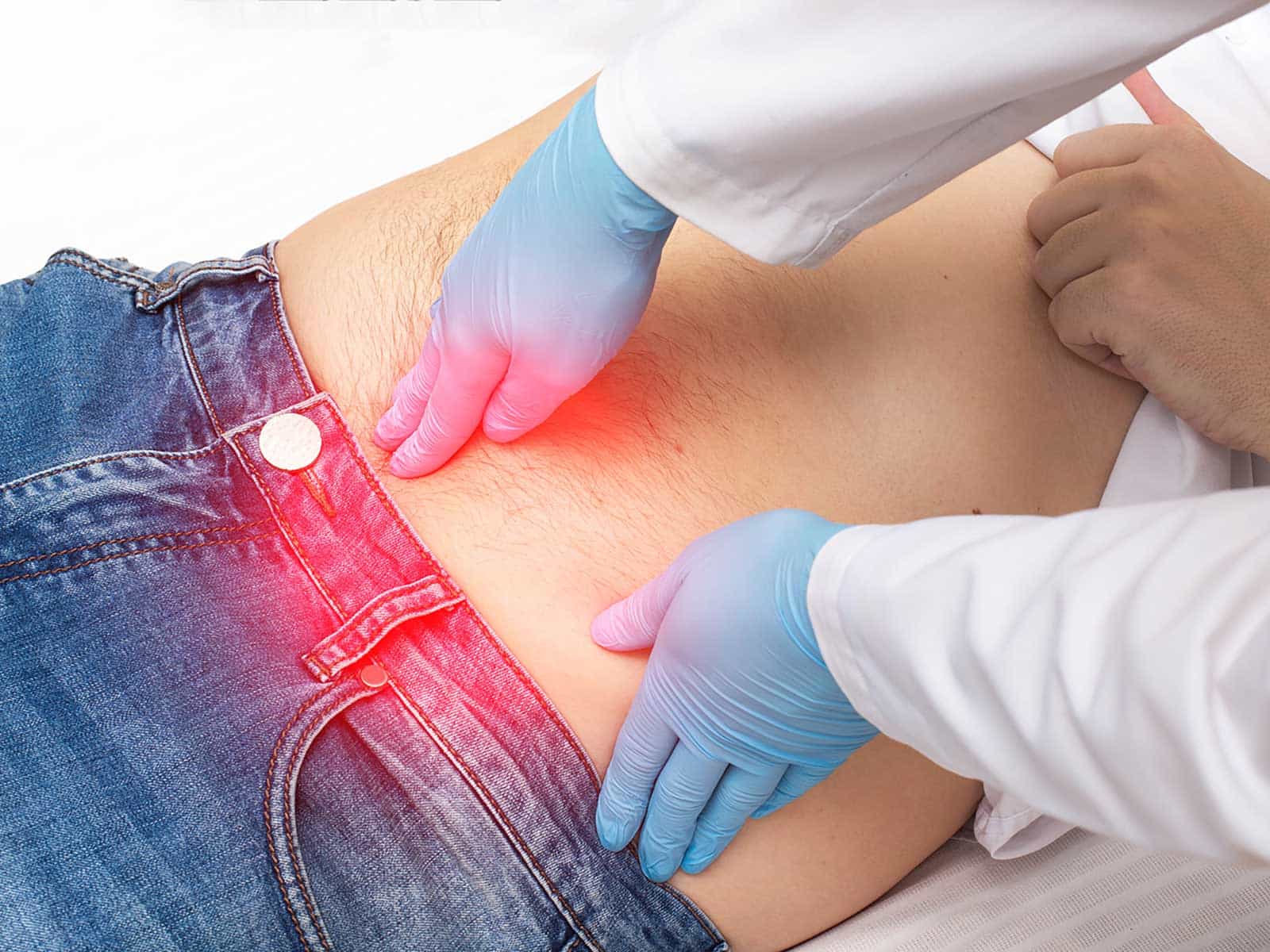
A benign (non-cancerous) growth of glandular cells- the tissues that produce hormones and other secretions is known as an adenoma. Even though adenoma is not malignant growth, which is gradually developmental, it may result in hormonal disorders or the inability of the normal functioning of the organs, in case of its untreated existence.
These are dependent symptoms that depend on the location of the adenoma. You may experience:
The variables chosen as risk factors are: Not all of the triggers of adenomas are always clear, the known triggers are:
GastroDoxs is a good medical group that provides patient oriented care to patients facing adenoma of the colon, thyroid and liver in cypress. Diagnostic testing involves advanced, less invasive tests, around-the-clock assessment, we do it all, as the need of you dictates. Make your appointment on-line or at least call today as a way of gaining the peace of mind, your own way of instructions, and because you will not wait to receive instructions on symptoms, or screening findings.
We've successfully treated more than 1.5K patients, helping individuals improve their digestive health and overall well-being through expert, personalized care.
With over 20 years of experience, GastroDoxs has been a trusted provider of gastroenterology care, focusing on delivering the best outcomes for patients
Adenoma could be discovered as a small circumscribed, round or oval mass in its location depending on the location of the said adenoma in an imaging study (e.g., colonoscopy, ultrasound, CT scans, etc.).
Yes. Villous adenoma has a great chance of malignant transformation relative to other polyps; therefore, to prevent the occurrence of cancer, the adenoma is the supposed to be diagnosed and resected at an early age.
The follow-up time frame of colonoscopy is between 3 and 5 years, as per the count, dimension and morphology of excised colon polyps. The gastroenterologist will be given a decent schedule.
However, even though toxic thyroid adenoma is a benign tumor; it can cause hyperthyroidism, consequently, in the cases where the condition goes undetected, the results are palpitations, decrease in weight, and heat intolerance.
Most of the patients can recover 1-2 days within the period following the endoscopic resection of the polyps, nodules and resume normal lives. Also, minor cramping or bloating exist.
Yes. Radiofrequency ablation is non-surgical and minimally invasive treatment of limited thyroid adenoma, that aims at ablating the nodule tissue through the application of local heat.
Low-fat high-fiber food; exercise; dropping smoking; and maintaining a current contact with regular screening tests like a colonoscopy so that you can minimize your chance of adenoma.
The large thyroid adenoma may be presented in the neck in form of a lump, pain, and difficulty in swallowing. Only with the help of ultrasound it is possible to disclose small nodules (not always, though).
A ultrasound examination of thyroid nodules size and character are commonly preceded by blood tests of thyroid-stimulating hormone (TSH) and thyroid hormones (T3/T4).
Refer to a gastroenterologist when the pain in the abdomen persists, there is blood in the stool, unexplainable weight loss, or when a family has a history of colon polyps or thyroid nodules. A check in early will translate into better affairs.